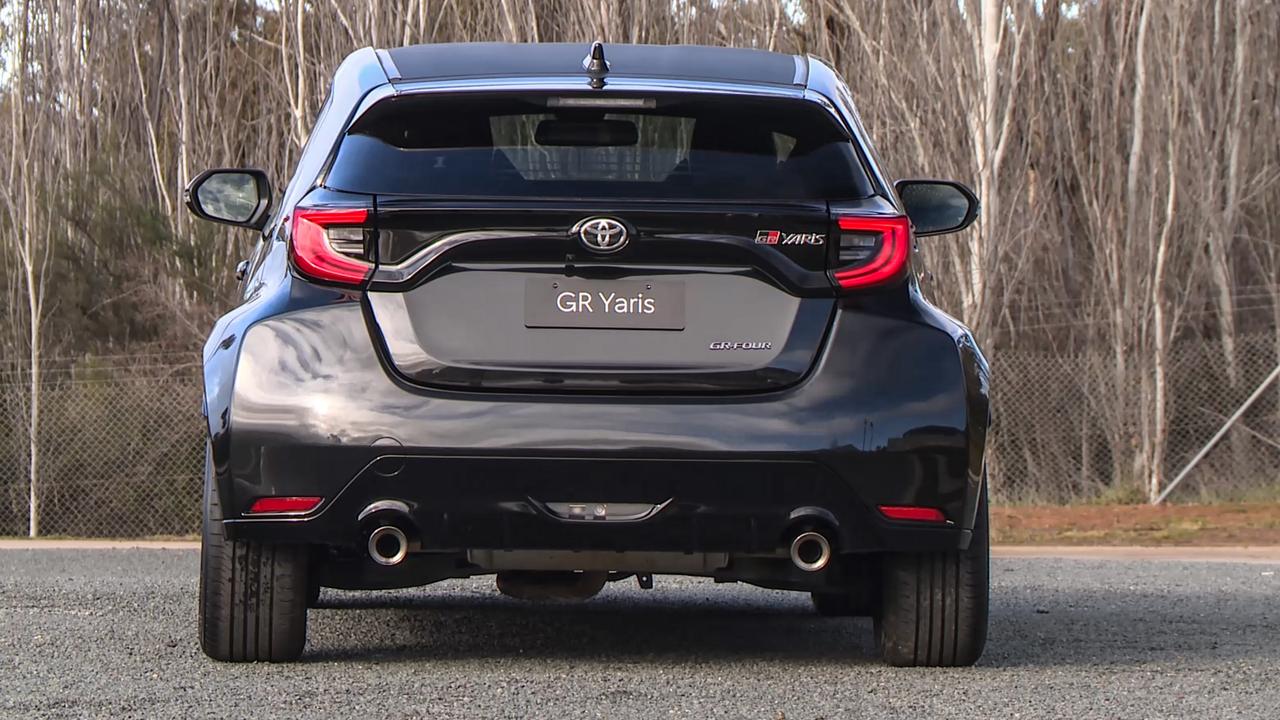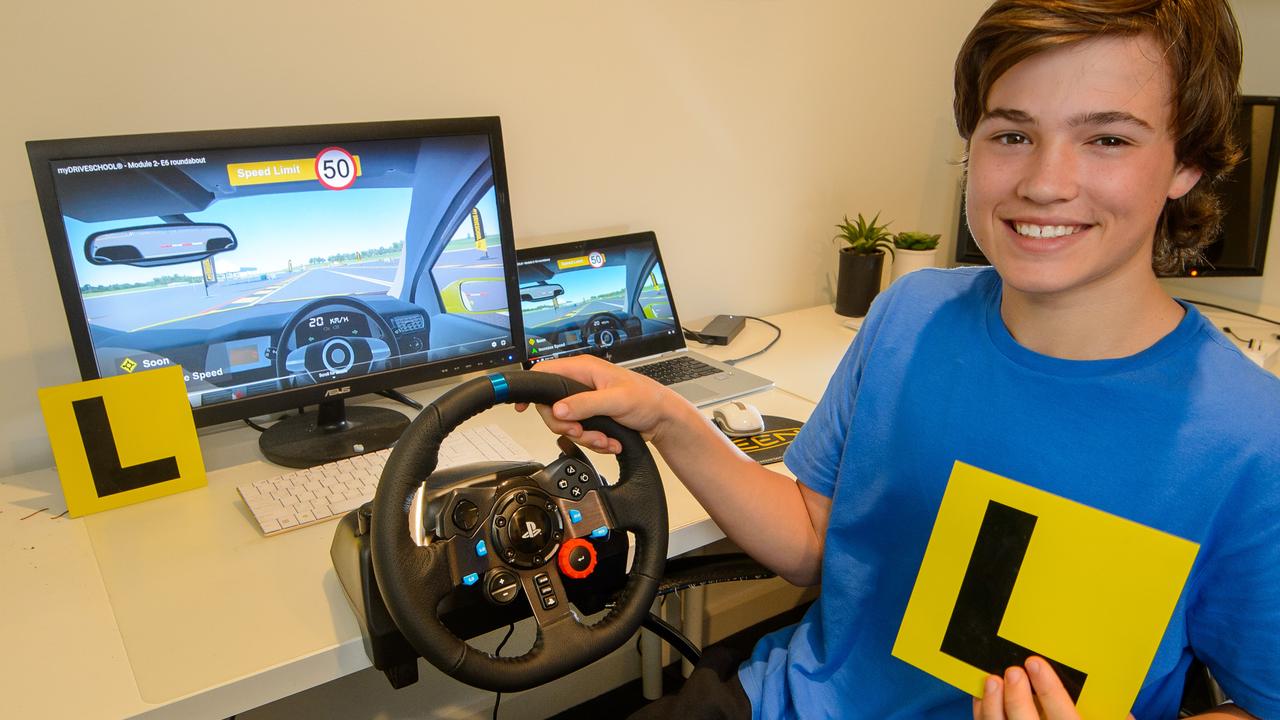Police reveal texting and social media account for most mobile phone driving offences
POLICE are concerned about the sharp rise in drivers being busted texting or viewing social media behind the wheel.
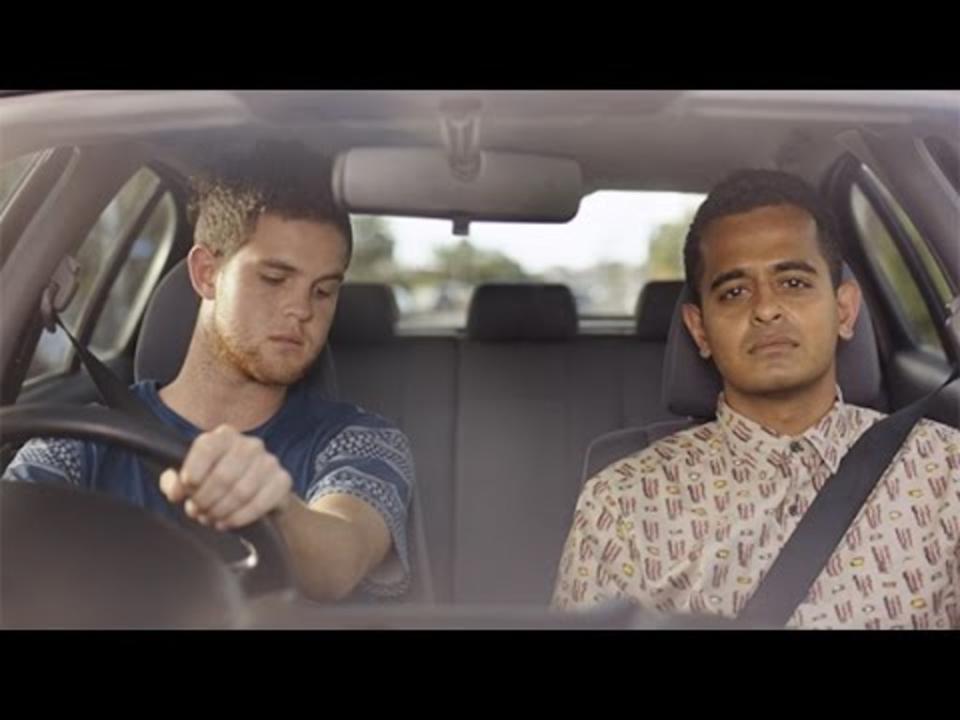
FRONTLINE police officers fed up with people who flout the law have told The Sunday Telegraph social media and texting are the most common reasons drivers bring attention to themselves when busted for illegal phone use.
“It would be more than half the tickets we write these days,” said a veteran highway patrol officer, speaking on condition of anonymity because operational police are not allowed to provide media commentary.
“They look like drunk drivers when we’re following them … weaving in their lanes, or not able to keep a steady speed,” the officer said.
“They’re so engrossed in their phones they don’t even know we’re next to them.”
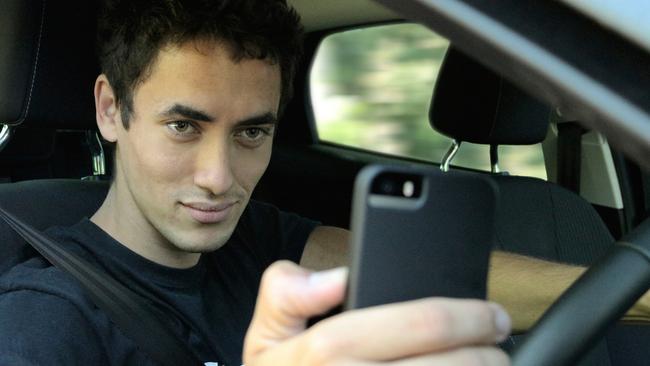
Police have even begun detailing what social media apps motorists were viewing when they were busted “in case the matter gets taken to court”.
“In some cases we’re close enough to see if they’re looking at Facebook, email … or a text message,” he said.
Officers say illegal mobile phone use is so rampant that, in some cases, they are able to get out of their cars and tap on the windows of distracted drivers.
Police are also frustrated about the lack of understanding around illegal phone use following the “Get Your Hand Off It” advertising campaign.
“We still see people trying to hide their phones in clothing, or in their laps. Even when people put their phones in a windscreen mount, they think they can view social media or text messages, which is not allowed. You can only take or make a phone call. The ads need to be more specific about what is not allowed.”
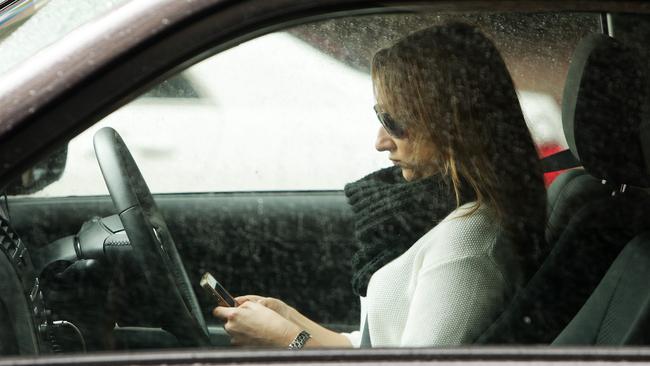
Police are issuing more tickets for illegal phone use than ever before and most have adopted a zero tolerance approach since a number of fatalities were linked to texting, and two of their colleagues were hospitalised by a distracted driver last week.
“That’s one ticket I definitely don’t issue a warning for,” said another senior highway patrol officer. “I think people don’t realise the consequences … a third of your licence gone in a split second. Or someone else’s life.”
The CEO of the Australian Road Safety Foundation, Russell White, has been training fleet drivers for 27 years but has recently introduced a new course showing high school students the dangers of texting and driving.
“We put them on a very realistic driving simulator and get them to text their friends; they either crash or display the same bad driving behaviour as real drivers on real roads, wandering from their lane, not able to maintain a safe speed,” says White, whose courses are funded by individual schools rather than being part of the education program.
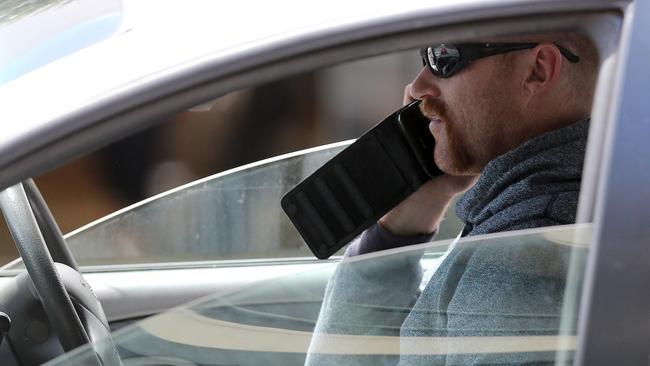
“Young drivers think they’re invincible and older drivers think they have the skills to multi task, and they’re both wrong. They might get away it for a while but at some point they will come undone and not see something they need to avoid. Unfortunately the consequences can be deadly, but no-one thinks it will happen to them.”
Police are renewing their efforts to find technology to detect illegal phone use, such as mobile and fixed cameras.
However going through hundreds of thousands of images of traffic everyday is viewed by government as a logistics nightmare and prohibitively expensive.
“We already have among the toughest penalties in the country, but clearly they’re not tough enough,” said the senior veteran officer.
A 2015 study by car maker Ford found more than one-third of Australian drivers aged 20 to 34 years old admitted to using Facebook while behind the wheel — and 15 per cent said they had snapped a “selfie” while driving.
This reporter is on Twitter: @JoshuaDowling

